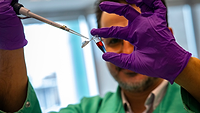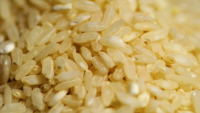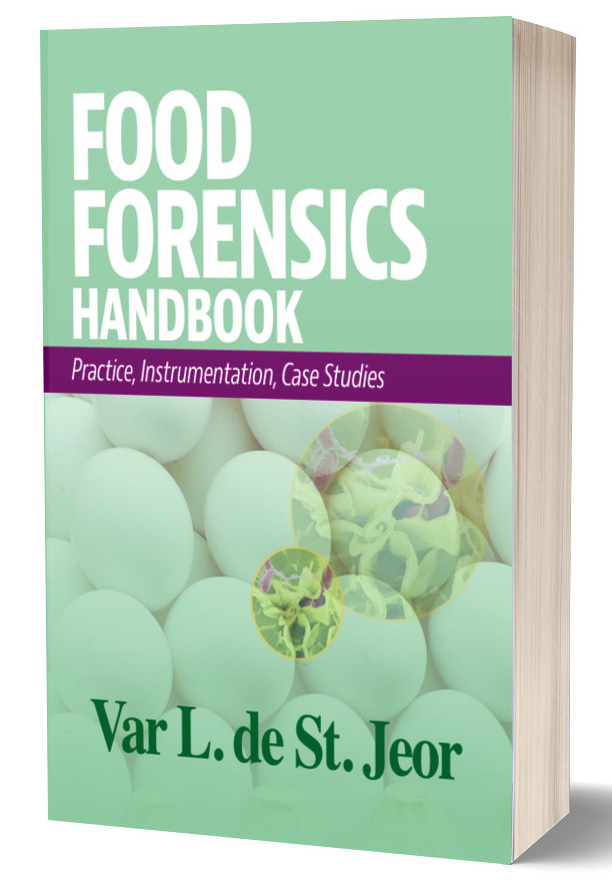USDA Salmonella Grand Challenge Brings Together Diverse Group of Experts to Develop Mitigation Tools Through Collaboration

Image credit: Edward Jenner viaPexels
The U.S. Department of Agriculture’s Agricultural Research Service (USDA’s ARS) has launched the Salmonella Grand Challenge—a new, nationwide initiative that brings together a group of expert scientists from different specialties to fight salmonellosis. The scientists will integrate their research to learn more about Salmonella risks to meat and poultry products, which will then inform the development of monitoring tools for meat and poultry producers to prevent Salmonella contamination.
The ARS-led Salmonella Grand Challenge team comprises 18 ARS scientists, representing eight fields of expertise and six national program areas, who are currently working on 12 projects at eight ARS research laboratories across the country. Research partners include five USDA agencies and 22 stakeholders that span all relevant commodities and scales of operation.
The U.S. Centers for Disease Control and Prevention (CDC) report that nearly 20,000 people require hospitalization for salmonellosis each year, resulting in approximately 400 deaths. One of the aims of the Salmonella Grand Challenge is to contribute to cutting salmonellosis numbers by 25 percent 2030, which is a goal of the U.S. Healthy People initiative.
The research team will integrate ongoing ARS research by combining, standardizing, and coordinating efforts to create harmonized datasets. Harmonization of data will help identify larger trends, emerging threats, and novel Salmonella mitigation strategies. The scientists will use machine learning-based modeling to combine ongoing research projects with industry feedback and partner collaborations. This teamwork will help the researchers find on-farm strategies to reduce the risk of Salmonella in final meat and poultry products.
According to ARS experts, because the important factors affecting Salmonella risk are different across all the production systems, it will take a huge amount of data to better understand Salmonella risk, develop an accurate model, and then develop prediction tools for producers to monitor their systems.
Overall, the Salmonella Grand Challenge brings together different expertise to look at the problem from different perspectives, which should help the scientists learn from each other and lead to solutions that would not have been discovered independently.
Looking for a reprint of this article?
From high-res PDFs to custom plaques, order your copy today!






